- SurveyJunkie: Make $5-$25 in your free time. Just take online surveys, participate in Focus Groups and trying new products. Join SurveyJunkie Now!
Understanding the complicated connection between Medical cards and healthcare coverage is fundamental in the rapidly developing medical services climate. Both assume a focal part in how people access and pay for medical services.
Exploring whether having a medical card affects your health insurance is essential to guaranteeing thorough and successful medical care.
Medical cards, frequently given by medical care suppliers or government offices, provide unmistakable proof that an individual is qualified for Medical benefits. They might contain significant data like individual data, policyholder ID, and explicit inclusion data.
Then again, health care coverage is a more extensive monetary instrument people use to relieve the significant expenses related to Medical considerations.
As people endeavor to explore the intricacies of getting to and supporting medical services, understanding the communication of these components is basic.
People can pursue informed choices that safeguard their health, adding to the viability and supportability of the more extensive health biological system. We figure out whether having a medical card affects your health insurance.
Table of Contents
Understanding Medical Cards
Health cards, additionally called health or medical ID cards, are substantial records that individuals convey with them to demonstrate their qualification for specific health administrations.
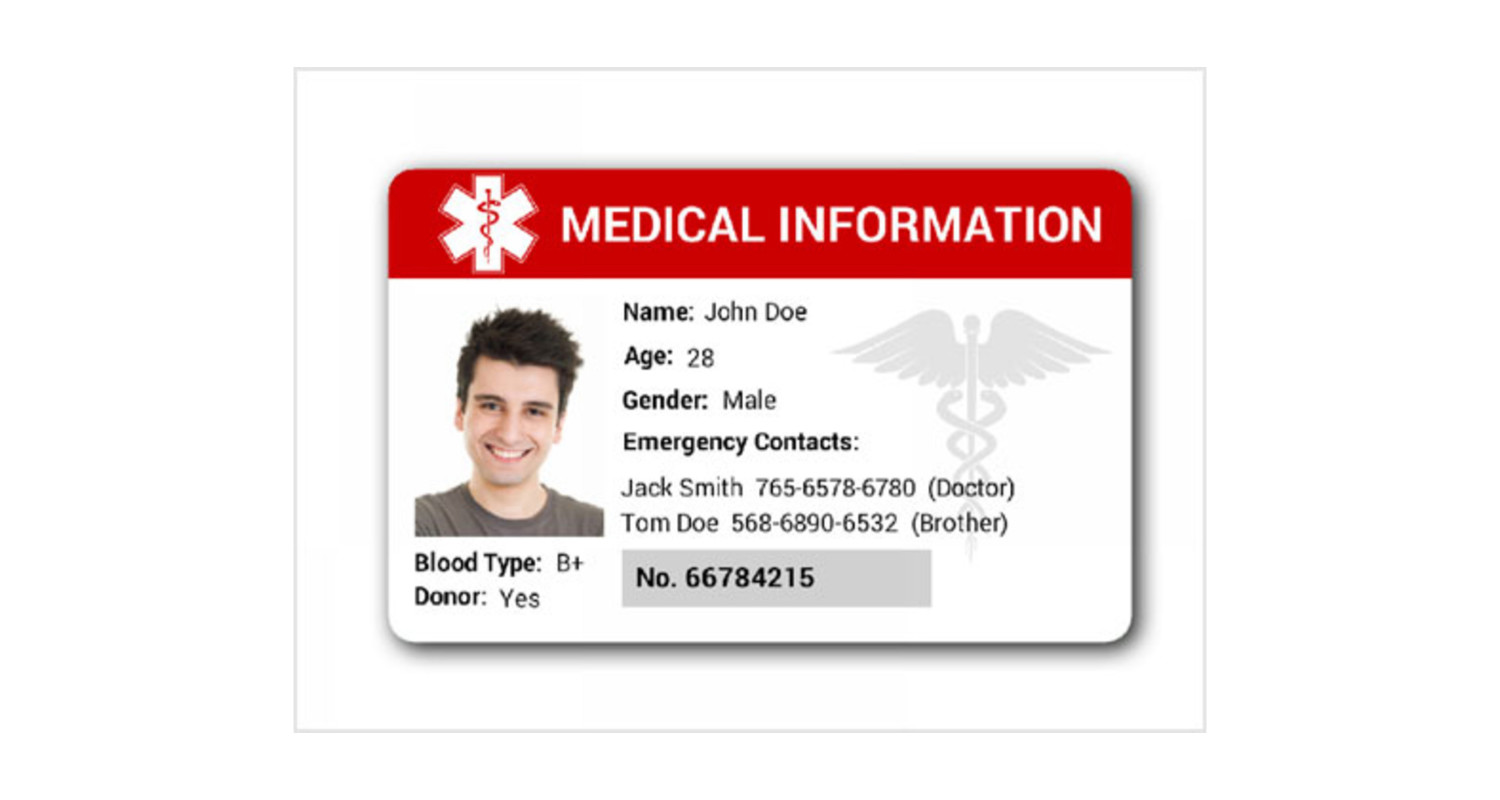
These cards contain significant data about an individual, including individual subtleties and recognizable proof numbers, and data about their health administrations or explicit ailments.
The two principal kinds of Medical cards are Medicaid cards and Medical Marijuana cards, each filling various needs in medical services.
Medicaid cards:
Medicaid is a joint government and state program that gives health inclusion to low-pay individuals, including some low-pay grown-ups, youngsters, pregnant ladies, the older, and the impaired. A Medicaid card is given to qualified people and verifies Medicaid enlistment.
Purpose:
Admittance to health administrations: Medicaid cards are a passage to numerous health administrations, including specialist visits, clinic stays, physician-endorsed medications, and preventive considerations. – Distinguishing proof and qualification: The Medicaid card contains data that assists healthcare suppliers in confirming the patient and qualification for Medicaid benefits.
Medical Marijuana Cards:
Where Medical Marijuana is legitimate, individuals who need to get Medical weed for specific medical conditions should get a Medical Marijuana card. The state or capable specialists give this card.
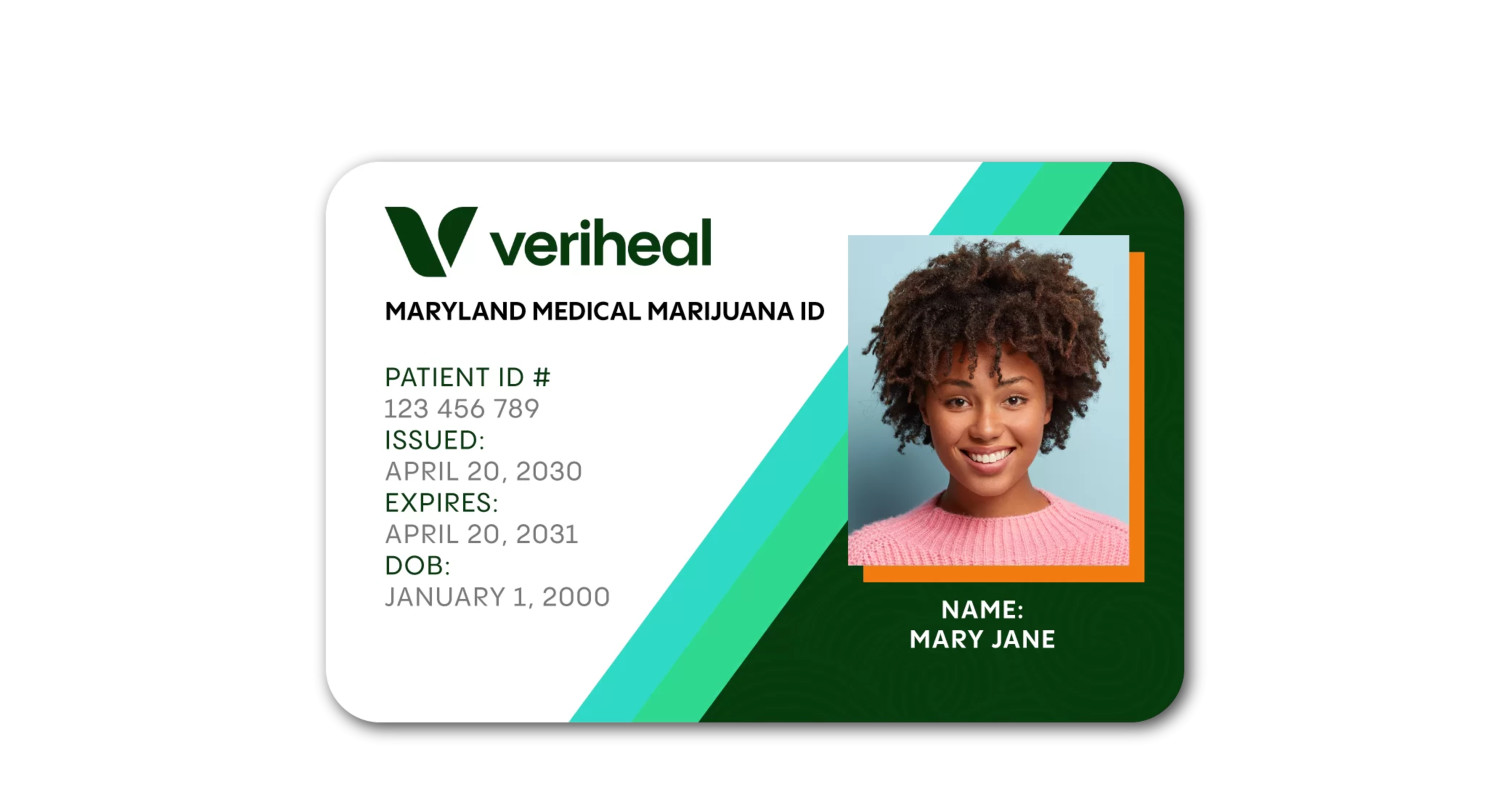
Reason:
Legitimate Utilization of Medical Weed:
The primary motivation behind a Medical weed card is to guarantee lawful admittance to Medical Marijuana for people with a passing ailment.
Guideline and Control:
These cards assist with guaranteeing that the people who use weed for Medical purposes do so under the direction of a health proficient and possibly set by the purview.
Click here to shop for medical insurance.
Impact of Medical Cards on Private Health Insurance
Medical cards influence a few parts of private health care coverage in the accompanying ways-
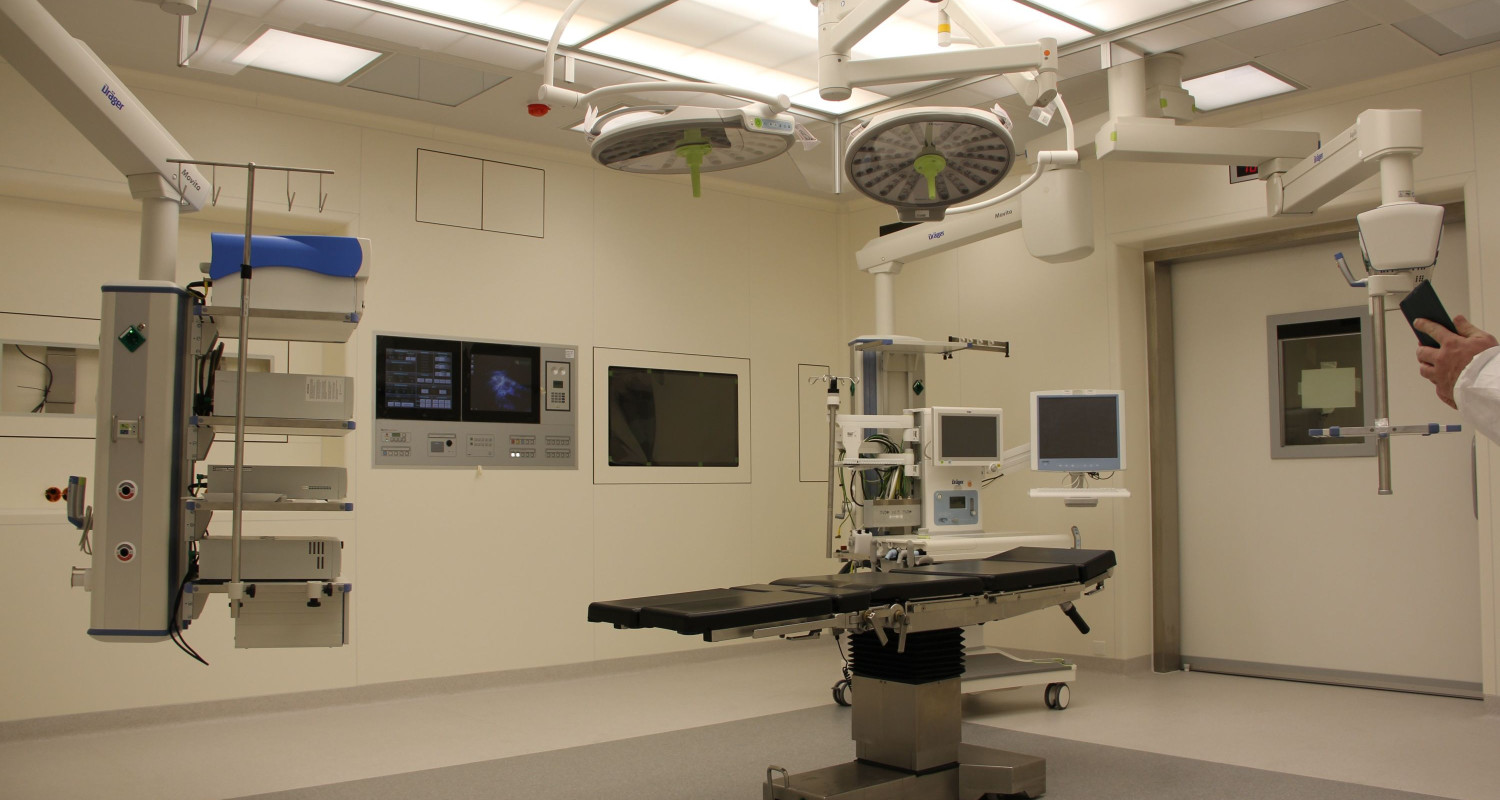
Twofold inclusion and coordination of advantages:
Double Inclusion:
A few people might meet all requirements for a Medical card (like Medicaid) and confidential health care coverage. This situation is known as double coverage. The two kinds of protection can give a more extensive health net to medical services costs.
Coordination of advantages:
In the event of twofold protection, the coordination of advantages becomes significant. Coordination ensures that the shared benefits of health care and private insurance are streamlined without duplication.
As a rule, the coordination cycle determines which plan is the essential and which is the optional payer for a given help.
Influence on health care coverage expenses:
Medicaid and tax assistance:
Medicaid beneficiaries generally do not pay taxes since Medicaid is designed to serve low-income individuals.

Be that as it may, a few states offer expense help projects to assist Medicaid recipients with paying for private health care coverage. In such cases, the effect on expenses relies upon the particular subtleties of the sponsorship program.
Inclusion Contemplations:
Exhaustive inclusion:
Medical cards like Medicaid frequently offer complete inclusion, including fundamental medical advantages. Individuals with health cards and confidential medical coverage benefit from a more extensive scope of exhaustive administrations.
Unique insurance:
Confidential health care coverage plans can offer unique insurance past what the health card covers. This can incorporate elective strategies, treatments, or admittance to a more extensive organization of medical care suppliers.
Influence on Organization Access:
Network Limitations:
Medicaid might take care of explicit constraints on the suppliers and offices, possibly prompting a more limited network contrasted with private health care coverage plans.
Supplier Acknowledgement:
Some medical care suppliers might acknowledge Medicaid, yet not all confidential protection plans or the other way around.
This certainly answers your question: does having a medical card affect your health insurance?
Medical Cards and Medicare
This is how Medical Cards And Private medical care communicate in the health business.
Government health care Benefit plans:
Government medical care Benefit (Part C):
Specific individuals enroll in Private Medical Care Benefit plans, which are private insurance plans supported by Government health care. These plans frequently remember extra advantages over conventional Private health care.
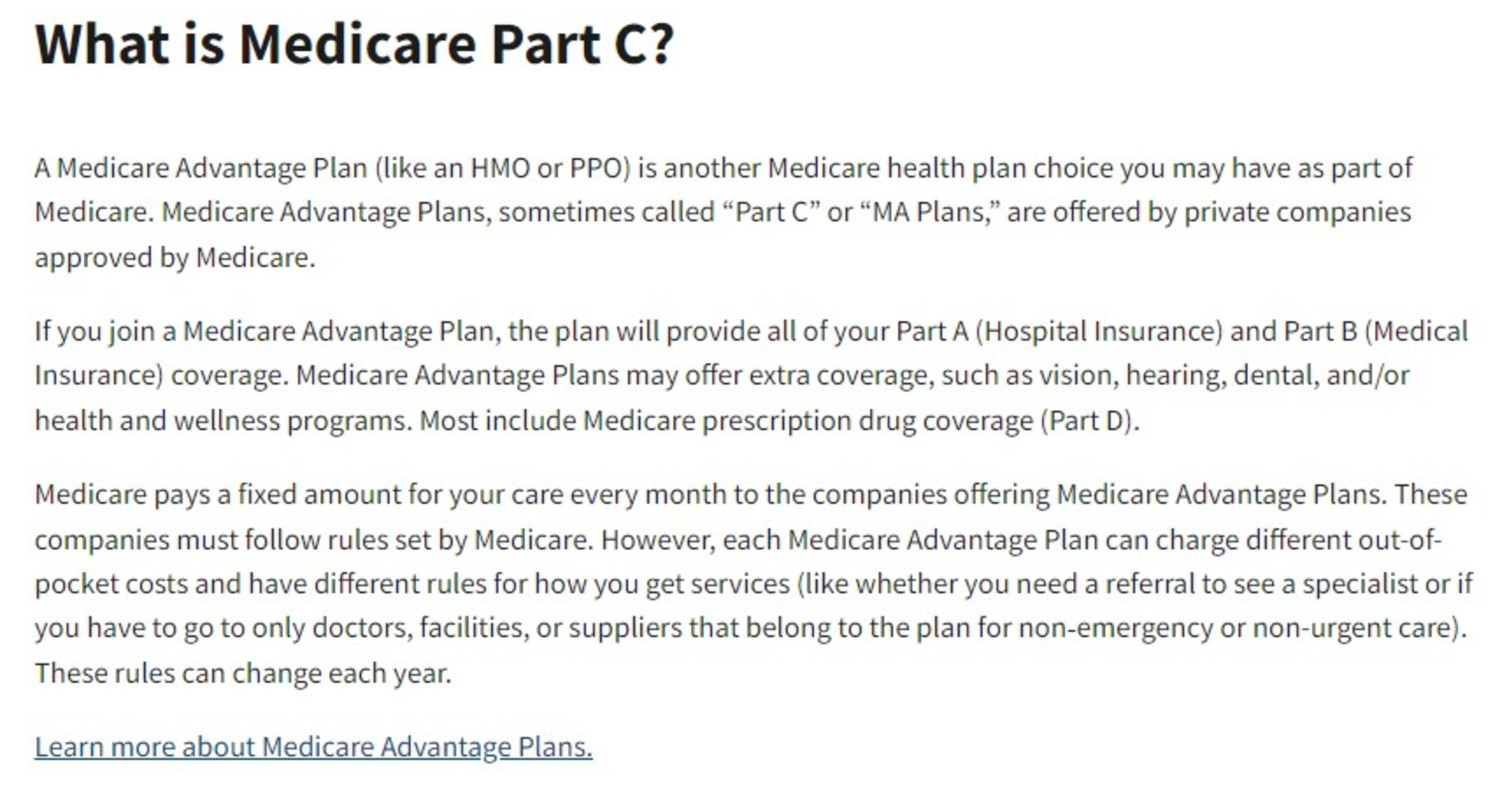
Coordination with Medicaid:
Two enrollees can likewise sign up for Private medical care Benefit plans with coordinated Medicaid benefits. Such coordination guarantees that the two projects complete one another.
Impact of Pay and Resources on Qualification:
Medicaid and means-tried qualification:
Medicaid often tests eligibility based on cost, considering an individual’s income and resources. Specific limits vary by state, but, in general, individuals with lower incomes and fewer resources are more likely to qualify.
Qualification for Private medical care given being old enough or handicapped:
Qualification for Private medical care relies essentially upon age (65 and more seasoned) or inability. While the vast majority qualify for Government health care based on age, individuals under 65 who have specific disabilities may also be eligible.
The intricacy of compensatory coordination:
Exploring the two frameworks:
Planning your Private medical insurance and Medicaid advantages can be troublesome because each program has various standards and guidelines.
Changes in Qualification Necessities:
People might have to occasionally reexamine their qualifications and change inclusion depending on the situation.
Incorporated treatment models:
Managed Care Organizations (MCOs):
A few states utilize oversaw care associations to regulate Medicaid benefits, including double-qualified coordinated care. These MCOs endeavor to smooth out, facilitate care, and give a more integrated medical services insight.
Medical Cards and Social Security Benefits
This is the impact of Medical cards on SSI and SSDI.
Social Security Income (SSI):
Implies tried the program:
Qualification for SSI depends on monetary need, and individuals getting SSI are frequently qualified for Medicaid, which gives fundamental medical services.
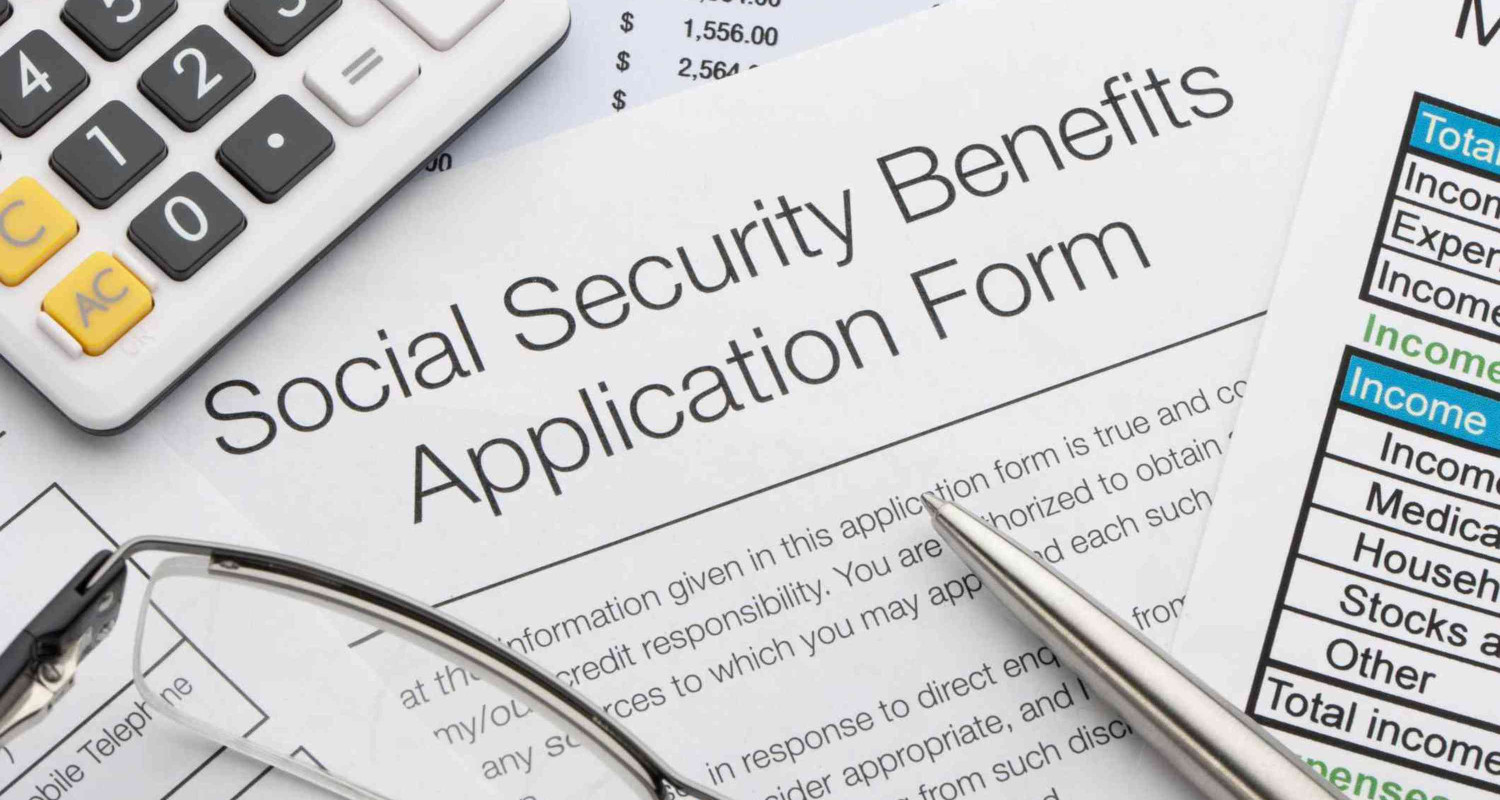
Effect of health cards:
A Medical card like Medicaid is often linked to SSI eligibility. Medicaid is a critical piece of the widespread emotionally supportive network for individuals getting SSI, ensuring they approach the Medical benefits and doctor-prescribed drugs they need.
Social Security Disability Insurance (SSDI):
Incapacity-based program:
SSDI is a program that turns out revenue backing to individuals with handicaps who have added to the government-managed retirement framework through finance charges.
Private health insurance Compromise:
Unlike SSI, which frequently connects to Medicaid, SSDI beneficiaries typically qualify for Government health care following a two-year waiting period.
Influence on health administrations:
Medicaid for SSI beneficiaries:
SSI beneficiaries are consequently qualified for Medicaid in many states. Medicaid provides extensive health inclusion, including specialist visits, emergency clinic stays, physician-recommended medications, and preventive administrations.
Government medical care for SSDI beneficiaries:
SSDI beneficiaries are qualified for Private health insurance following a two-year holding up period, paying little mind to maturity. Private health insurance covers long-term care, short-term administrations, and physician-endorsed drugs through Part D plans.
Medicaid Buy Projects:
Working with disabilities:
Both the SSI and SSDI programs are designed for people with disabilities who want to work. Medicaid buy-in programs allow people with disabilities to maintain Medicaid coverage.
See Also: How To Finance Dental Implants? 4 Ways
Specifics of Medical Marijuana Cards
Here are some key considerations.
Private Legal Status vs. State Laws:
In the United States, marijuana is still classified as a Schedule I controlled substance at the Private level. Notwithstanding, many states have sanctioned Medical marijuana at the state level.
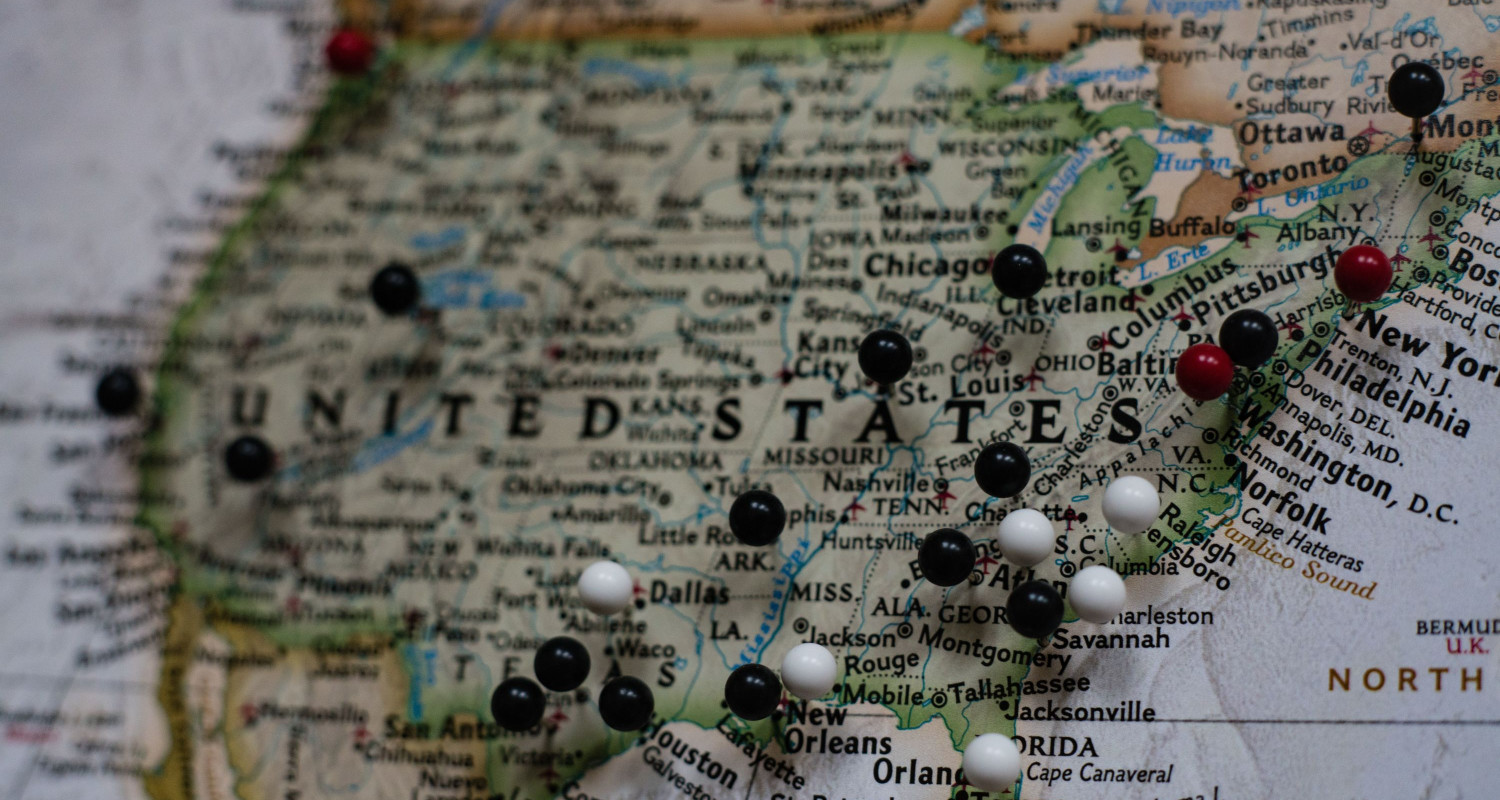
Medical marijuana card and health care coverage:
Restricted Inclusion:
Medical cannabis is, for the most part, not covered by medical coverage because of its government status and absence of FDA endorsement. This implies that individuals with Medical weed cards usually need to pay personally for their Marijuana items.
Pharmacy Benefit Managers(PBMs):
Some healthcare coverage plans, particularly Pharmacy Benefit Managers, may have explicit approaches regarding Medical items connected with marijuana. However, these cases are often limited and come with strict conditions.
See Also: How Much Money Does an Egg Donor Make?
Contrasts in inclusion in various districts:
State explicit guidelines:
Medical weed inclusion can differ generally from one state to another because of different state guidelines. A few states might have more exhaustive Medical cannabis programs that take into consideration a more extensive scope of ailments and items, while others might have more prohibitive projects.
Protection remuneration for elective treatment:
Elective treatments:
In some cases, health insurance might cover elective treatments supported by medical evidence, even if medical weed itself is not covered.
See Also: 6 Best Side Hustles for Physical Therapists
Business-supported health care coverage:
Business approaches:
Business-supported healthcare coverage plans might have exceptional approaches to covering Medical Marijuana. Representatives should also look at their protection and contact their HR office.
Frequently Asked Questions
Can I have both Medicaid and private health insurance?
Having both Medicaid and private health insurance is possible. This situation is called double protection. Coordination of benefits is also critical to optimizing coverage and minimizing out-of-pocket costs.
Does receiving Social Security Income (SSI) affect my eligibility for a health card?
Yes, Medicaid eligibility is often tied to SSI eligibility. Many people who receive SSI automatically qualify for Medicaid.
How can I maximize my benefits with Medicaid and private health insurance?
Understand the benefit compatibility of the two plans. Make sure you get the most out of each program and minimize your costs. Also, review your insurance coverage regularly to adapt to changing healthcare needs.
How do veterans' benefits affect health cards and health insurance?
A veteran can also have access to VA health services. Like other health cards or medical coverage, it relies upon individual conditions. Ask the VA and different suppliers for direction.
Conclusion
Medical care cards, particularly Medicaid, are essential in molding inclusion. It is also vital for admittance to medical services for individuals with restricted monetary assets.
Medicaid is a passage to various health administrations, including specialist visits, emergency clinic stays, physician-recommended medications, and preventive considerations.
We also discussed in the article whether having a medical card affects your health insurance. For individuals with double inclusion, it’s critical to comprehend how Medicaid and private health care coverage benefits coordinate.
Income and resources impact qualification for Medicaid, as it is a means-tested program. Medical marijuana proprietors face unique difficulties because of restricted healthcare coverage. Costs related to Medical weed items are standard.
People ought to know about the regulations and guidelines in their space. Health experts, insurance specialists, and relevant government agencies urge individuals to seek guidance while navigating the complexities of health coverage with a health card.
At last, a much-educated approach engages individuals to settle on choices steady with their health and monetary prosperity. Thus, we answered the question, does having a medical card affect your health insurance?
See Also: Secure Your Next Trip with Online Travel Insurance
